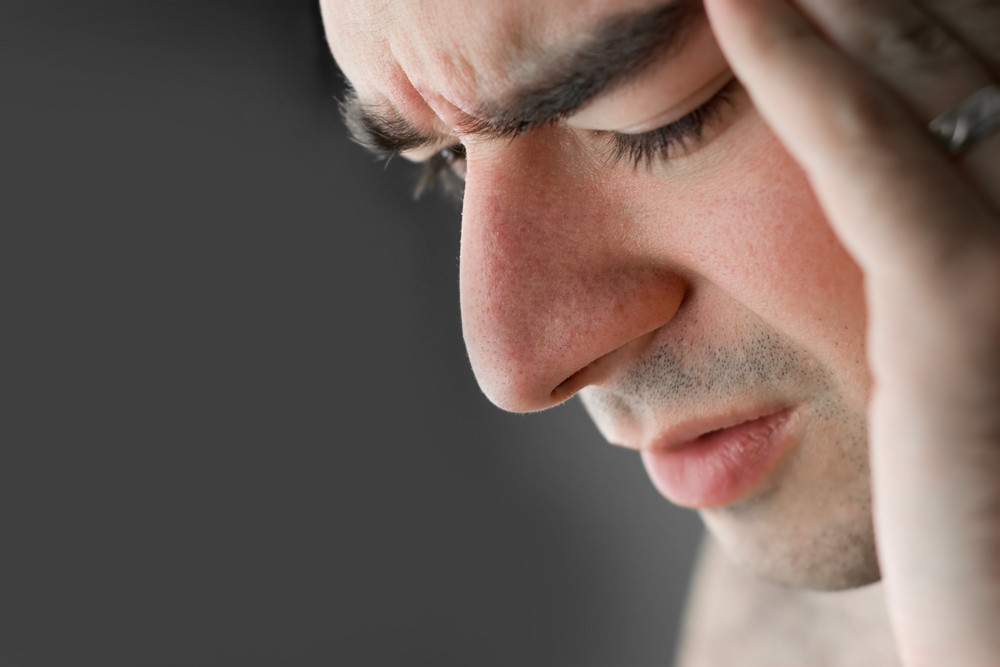While our society tends to promote the confident extrovert, many people suffer from social anxiety. According to the National Institute for Mental Health, social anxiety disorder is an intense, persistent fear of being watched and judged by others. Social anxiety can affect a person’s life and can have serious effects if left untreated. Let’s review five signs of social anxiety.
1. Anticipatory Anxiety in Social Situations
Do you feel anticipatory anxiety even before socializing or going to a social event? This feeling can cause people to start avoiding social situations altogether. It’s important to note how it is normal to feel some anxiety in certain social situations. However, if it becomes excessive and starts to interfere with your social life, you may consider social anxiety exposure therapy.
2. Fear of Being Judged or Embarrassed
Some people assume peers are judging them for everything they do or say. This idea can lead to being fearful of embarrassing yourself in social situations. The constant fear of being judged can lead to self-isolation.
3. Fear of Making Mistakes or Being Viewed as Incompetent
No one is perfect; we all make mistakes. However, social anxiety can cause people to fear messing up in social contexts such as work or school. Being viewed as incompetent causes intense stress. Social anxiety exposure therapy may help you feel more confident and less obsessed with experiencing imperfect social interactions.
4. Difficulty Focusing or Holding a Conversation
Simply talking to someone can cause social anxiety. Individuals may find themselves struggling to focus on the conversation or have difficulty even starting one in the first place. Social anxiety exposure therapy can help you become more comfortable with conversations and social interactions.
5. Physical Symptoms in Social Situations
Physical symptoms such as blushing, sweating, trembling, or having a shaky voice are all signs that social anxiety might be present. If the simplest social tasks are accompanied by physical symptoms, social anxiety exposure therapy may be a suitable option.
If social anxiety is impacting your life and social interactions, speaking with a mental health professional may be beneficial. Through therapy and other treatments, patients can learn strategies to manage their anxiety and engage with the world more confidently. Contact our caring professionals to schedule an appointment today.

